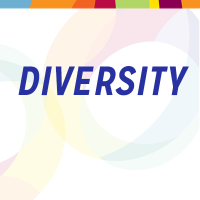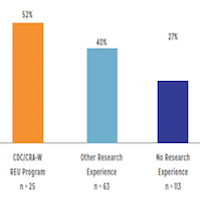Nominations Sought for New CCC Council Members
The Computing Community Consortium (CCC) is charged with catalyzing and empowering the U.S. computing research community to articulate and advance major research directions for the field. To do so, the CCC needs truly visionary leaders—people with great ideas, sound judgment, and the willingness to work hard to see things to completion. Please help the computing community by nominating such people for its Council. The CCC is also accepting proposals for visioning activities.












